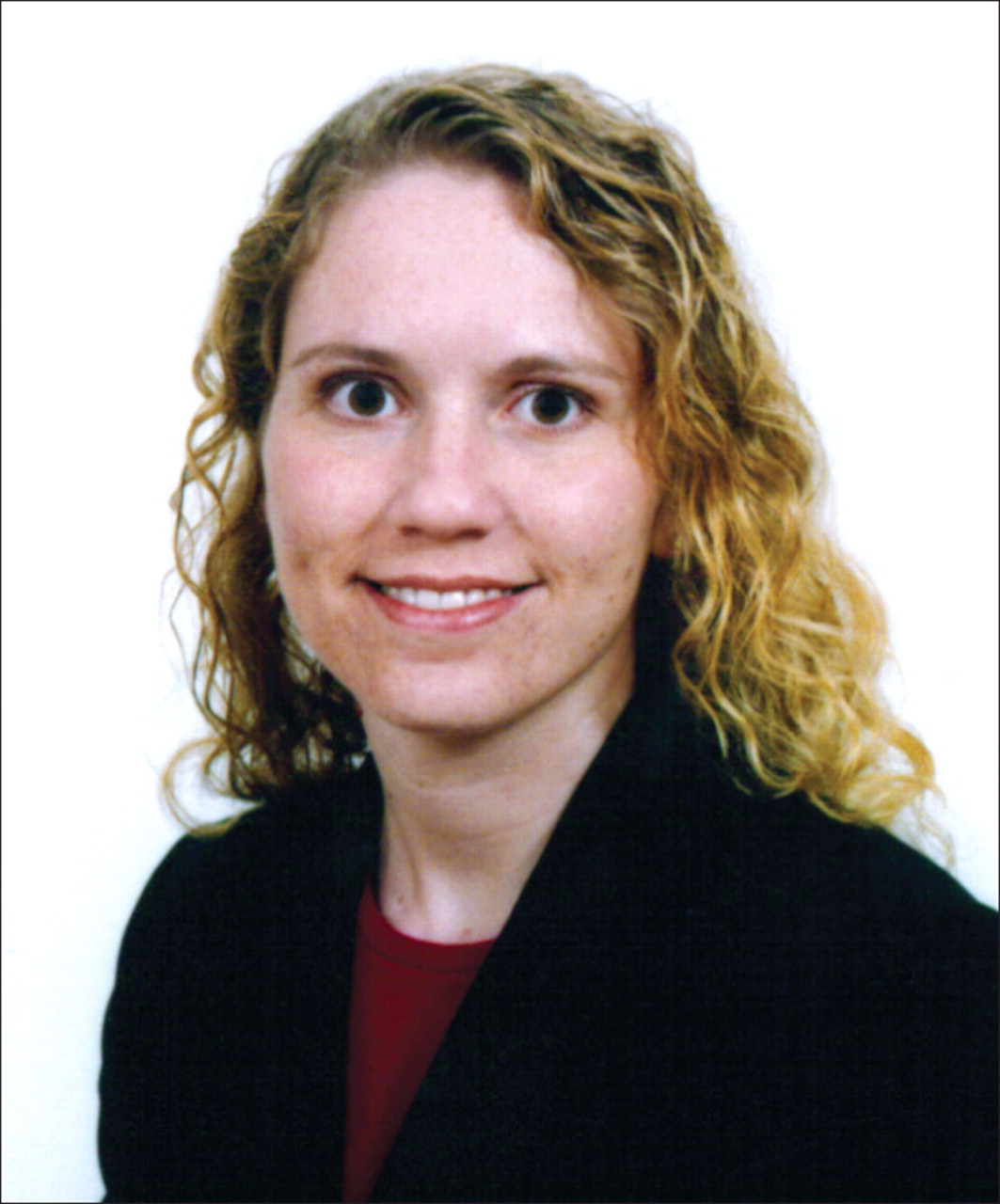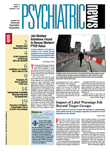Every July, medical students become new interns, interns become second-year residents, senior residents become fellows, and fellows become attendings.
The summer is a time of transition, a progression of the natural life cycle of hospitals, clinics, and residency programs. Each stage feeds naturally into the next, each phase of training builds upon the foundation of the previous ones.
I remember starting as a pediatrics intern five years ago. I was so nervous and unsure of myself as a doctor. I couldn't even dose Tylenol without looking it up, and I practiced running codes on pretend patients. Then, when I had become comfortable treating children with physical illness, I became a resident in adult psychiatry.
While I could treat sepsis in a 3-month-old infant, I was lost with the five men over 50 with schizophrenia whom I was supposed to be helping. Two years later, when I had finally grown comfortable treating adults with psychiatric illness, I became a first-year child psychiatry fellow. Many of the medications I used were the same ones I had used to treat adult patients, but in microscopic doses. My patients were so tiny, and their problems were so big. Their parents looked to me for answers and advice, but it was a long time before I felt competent to give them.
This past year, my first as a child psychiatry fellow, I spent most of my time in the outpatient clinic. I had gotten to know all of my patients and their families over the course of the year, and by June I felt comfortable with and confident in the treatment that I was providing them.
But July 1 came around much faster than I anticipated, and suddenly I was a second-year fellow, working on the inpatient unit. I was no longer comfortable or confident, but instead unsure and somewhat confused. I was starting over. Again.
It is exhausting to start over so many times. I feel a bit like Sisyphus, pushing the boulder up the mountain, only to have it roll back down, again and again. Every few years, as soon as I feel as though I actually know what I am doing, my professional identity shifts and becomes something different, something unfamiliar and foreign. This is not to say that it isn't exciting—it is actually thrilling to move from one level of training to the next, to feel more senior, even if only in title. I have to admit, I still get a little rush every time I say, “I am Dr. Donovan, a child psychiatry fellow.”
Last weekend, I was “Dr. Donovan, child psychiatry fellow on call,” covering three different hospitals. I was paged multiple times, by multiple people, all asking questions about small children. I amazed myself by actually having answers. It felt almost instinctual, the answers just came rolling out of my mouth before I could even stop to think about what I was saying. I was surprised to realize that my brain had been storing information I didn't know I had. I felt confident in my decisions and sure of myself as“ the child psychiatry fellow on call.”
As a child psychiatry fellow, I am asked to play many different roles—therapist, psychopharmacologist, pediatrician, parent guidance counselor. Now in the last year of my training, I can look back at each phase of internship, residency, and fellowship and understand how they all collectively prepared me for this career.
I can see how each shift in professional identity was necessary to give me the broad foundation I need to provide comprehensive treatment to children and their families. And I am thankful that I was pushed to continue growing as a doctor each year.
I understand now that as residents, we don't actually start over each July, not from the beginning. We retain the knowledge and skills we learn over time and build upon them. We assume new roles in July, a little big at first, but we grow into them quickly. The boulder doesn't actually roll back downhill; it is just a long hill to climb. ▪

